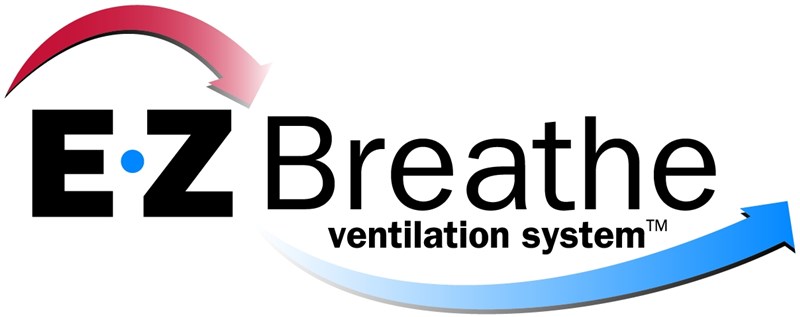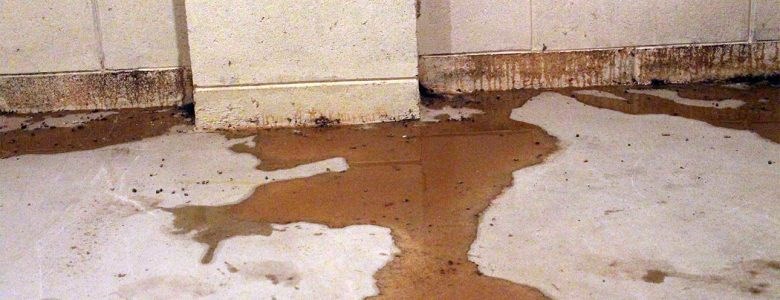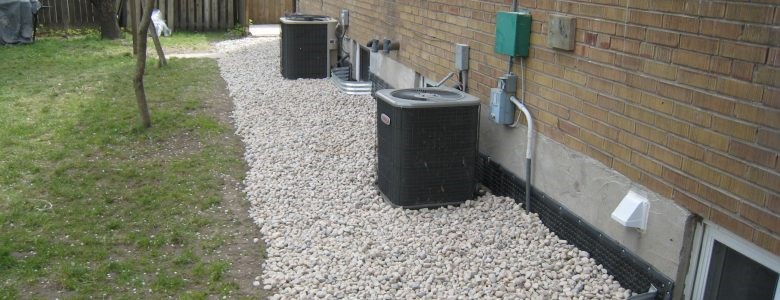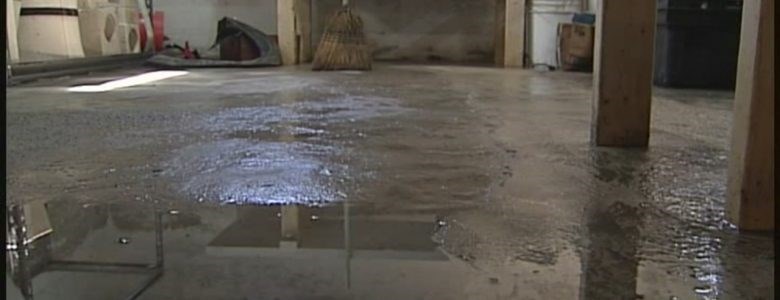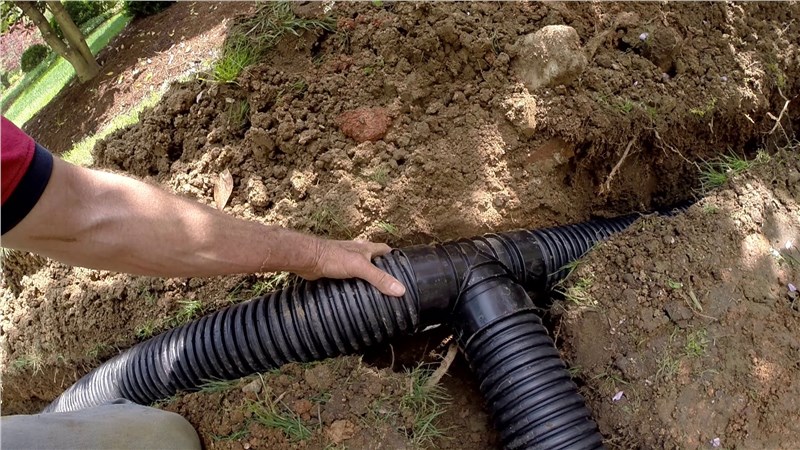As winter snows begin to fall, homeowners should be aware that melting snow can pose significant risks to your basement, especially if proper waterproofing measures haven't been taken. At Worthington Waterproofing, we understand the potential damages that can arise from melting snow and how it can impact your home's foundation. Let’s explore the ways snowmelt can infiltrate your basement, the damages it can cause, signs to watch out for, and crucial steps to prevent and address such issues.
Understanding the Threat of Melting Snow:
Melting snow can leave your basement susceptible to water damage if not adequately addressed. When the melted snow, water, finds the cracks or gaps in your foundation walls, the water may find its way into your basement. The expansion and contraction during freeze/thaw cycles further exacerbate the problem, leading to increased water leakage.
Potential Damages Caused by Snowmelt:
Weakening of the Foundation: Repeated freeze/thaw cycles can weaken the foundation support walls, leading to erosion and damage to cement or cinder blocks.
Floor Damages: Water infiltration can damage flooring, including carpeting, hardwood, laminate, and even the concrete slab in unfinished basements.
Wall and Furniture Damages: Finished basements may experience drywall deterioration, while furniture can be ruined as wooden legs absorb water and start to rot.
Appliances and Electronics: Electronics and appliances in the basement can rust and corrode, causing irreparable damage.
Electrical Hazards: Water entering electrical outlets poses fire and shock hazards, potentially causing the failure of the entire electrical system.
Mold and Mildew Growth: Excess moisture promotes mold and mildew growth, leading to health concerns.
Financial Impacts of Water Damage:
Water damage not only results in a messy cleanup but also impacts your finances. Cleanup and repair costs can be significant, and while insurance may cover part of the expenses, it's essential to check your policy for coverage details, especially regarding flood damage.
Recognizing Signs of Basement Damage:
Look out for signs such as water stains, condensation, and the sound of dripping water. Even small amounts of water on the floor or unusual smells may indicate water leakage. Promptly addressing these signs is crucial to prevent further damage.
Immediate Actions if Your Basement is Damaged:
If your basement is already damaged due to melting snow, quick cleanup and water removal are essential. Waiting until spring for proper repairs could lead to more extensive damage.
Preventive Measures:
To prevent snow damage and further basement vulnerabilities, consider the following:
- Snow Removal: Clear snow around the foundation and away from the home to facilitate proper drainage.
- Downspout Maintenance: Ensure downspouts are clear to allow melting snow to drain away from the home.
- Foundation Waterproofing: Waterproofing the foundation walls and sealing any gaps or cracks is crucial to prevent water infiltration.
- Grade Landscaping: Adjust the grade of your lawn to create natural runoff for water.
Protecting Your Foundation:
At Worthington Waterproofing, we emphasize the importance of proactive measures to protect your basement from the potential damages of melting snow. Regular maintenance, timely repairs, and professional waterproofing can safeguard your home, ensuring a dry and secure environment. If you've experienced basement damage or want to take preventive steps, don't hesitate to reach out to us for expert assistance.
Subscribe to Worthington Waterproofing's Blog





